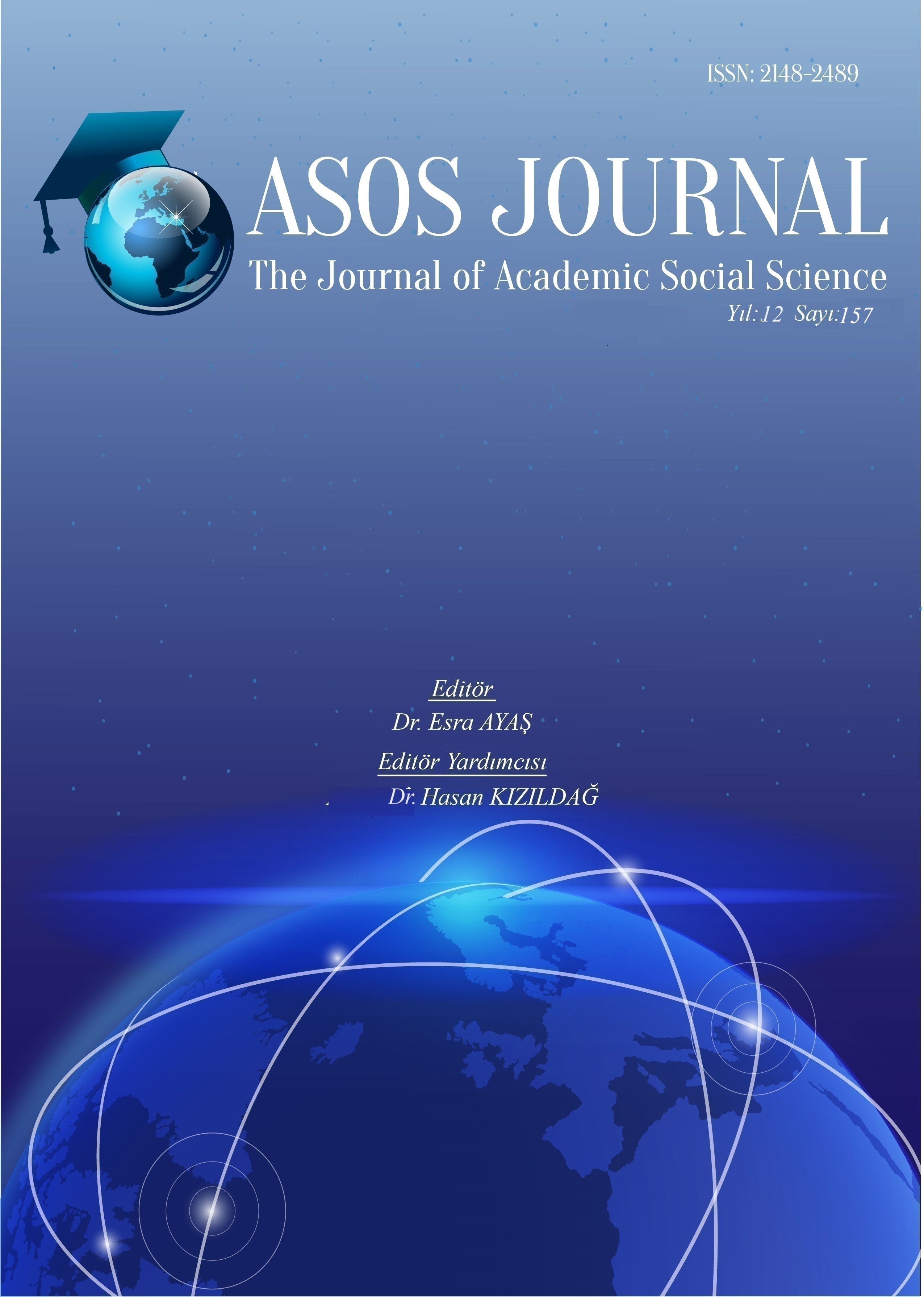Author :
Abstract
Pop-up restoranlar; belirli bir temaya ya da konsepte dayalı olarak, belirli bir zaman diliminde ve geçici olarak hizmet sunan restoranlardır. Son yıllarda bir gastronomi trendi olarak ortaya çıkan pop up restoranlar; şefler ve restoran sahipleri için daha az bir yatırım ve finansal riskle büyüme imkânı sunmakla birlikte müşterilerine farklı ve akılda kalıcı bir yeme içme deneyimi yaşatmaktadır. Bu çalışma, pop-up restoranların yiyecek içecek sektörüne kazandırdığı dinamizmin ve bu trendin gastronomi dünyasındaki yenilikçi rolünün değerlendirilmesi amacıyla yapılmıştır. Nitel bir araştırma olan çalışmada ikincil veri toplama yöntemlerinden olan literatür araştırma yöntemi tercih edilmiştir. Pop-up restoranların çıkış noktası, tarihsel gelişimi, özellikleri ve geleneksel restoranlardan farklılıkları, avantajları ve dezavantajları, dünyadaki ve Türkiye’deki örnekleri ile pazarlama startejilerine değinilmiş; gastronomi turizmi ile ilişkisi ve sektöre olan katkısının ortaya konulması hedeflenmiştir. Çalışmanın bulguları pop restoranların esnek ve düşük maliyetli operasyon yapısı sayesinde girişimciler ve şefler için yenilikçi bir platform sunduğunu göstermektedir. Ayrıca bu tür restoranların şehir kültürü ve toplum bağları üzerinde pozitif etkileri olduğu, ziyaretçilere özgün ve unutulmaz gastronomi deneyimleri sunduğu saptanmıştır. Ancak sınırlı bir süreyle ve geçici olarak hizmet vermesinin ulaşılabilirliğini sınırladığı görülmüştür. Pop-up restoranların sürdürülebilirliği ve gelecekteki potansiyeli üzerine yapılan değerlendirmeler, bu iş modellerinin gastronomi sektöründe kalıcı bir trend haline gelebileceği yönündendir.
Keywords
Abstract
Pop-up restaurants serve temporarily for a certain period based on a specific theme or concept. Pop-up restaurants, which have emerged as a gastronomy trend in recent years, offer chefs and restaurant owners the opportunity to grow with less investment and financial risk and offer their customers a different and memorable eating and drinking experience. This study evaluated the dynamism that pop-up restaurants bring to the food and beverage sector and the innovative role of this trend in the gastronomy world. In this qualitative study, the literature research method, one of the secondary data collection methods, was preferred. The starting point of pop-up restaurants, their historical development, characteristics and differences from traditional restaurants, advantages and disadvantages, examples from the world and Turkey, and marketing strategies were mentioned; it was aimed to reveal their relationship with gastronomy tourism and their contribution to the sector. The study's findings show that pop restaurants offer an innovative platform for entrepreneurs and chefs thanks to their flexibility and low-cost operational structure. It was also found that such restaurants positively impact city culture and community ties and offer visitors unique and unforgettable gastronomic experiences. However, it has been observed that their limited and temporary service limits their accessibility. The evaluations on pop-up restaurants' sustainability and future potential suggest that these business models may become a permanent trend in gastronomy.





